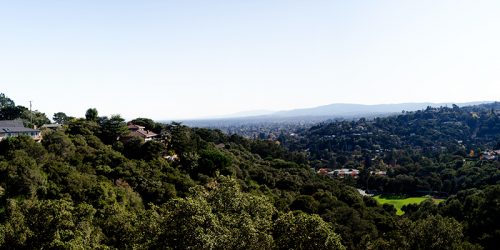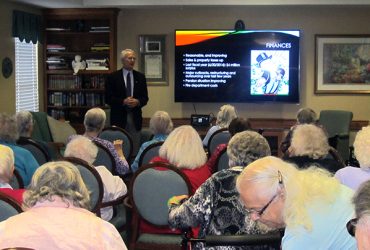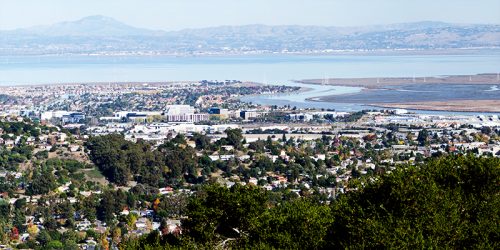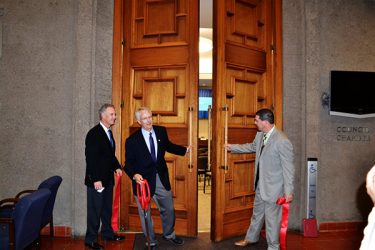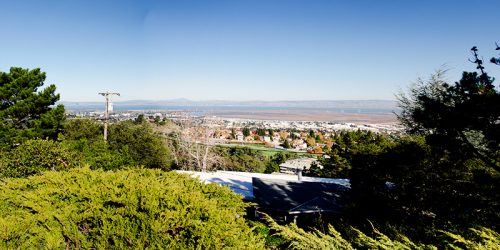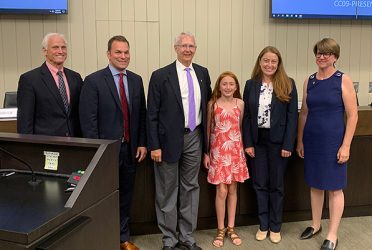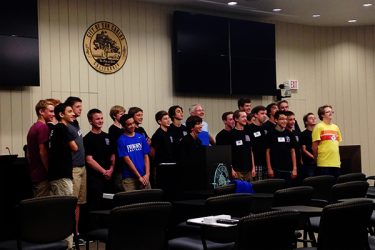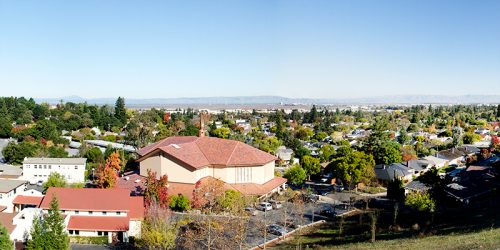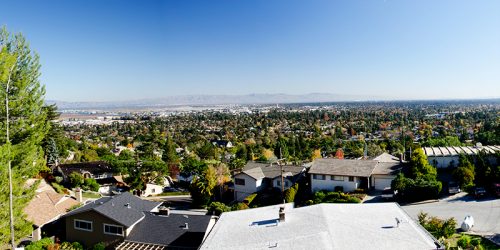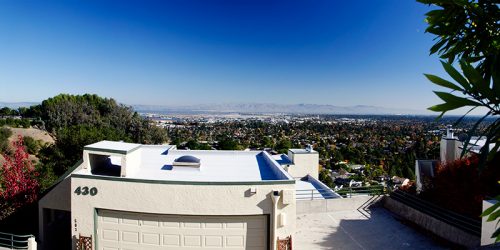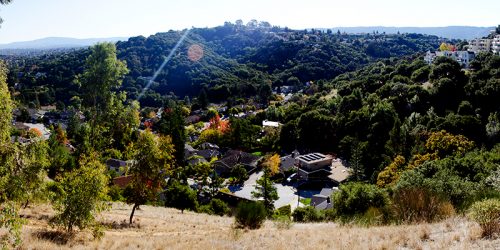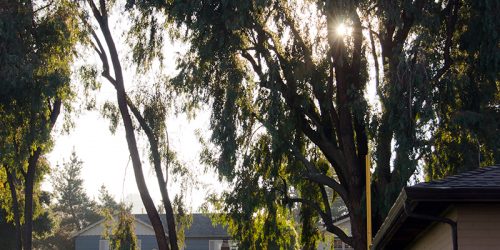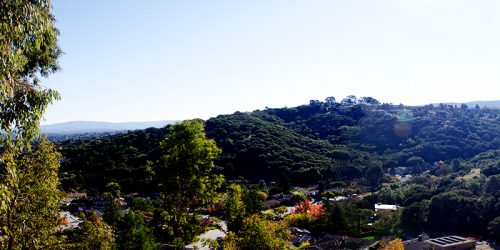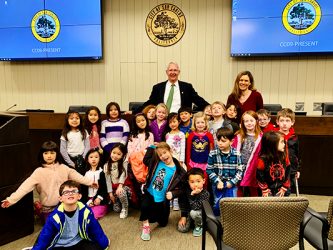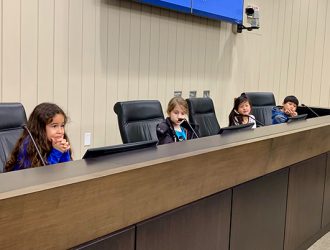
This post was sparked by a Washington Post opinion piece which is, sadly, probably paywalled but worth reading if you can get ahold of it. It was authored by Christine Emba and published on Monday, May 15, 2023.
The article is interesting not only for what it explains about the motivations of many of those belonging to America’s gun culture, but because it highlights a fundamental misconception about how and why individuals live in communities.
The common starting point for the interviewed people is “I must have a gun to be able to protect myself.” While this might make some sense in the boonies of, say, Alaska (gotta watch out for those grizzlies), it makes little or no sense in a community setting.
Granted, one of the reasons humans form communities is to protect themselves, collectively. That’s not the primary reason nowadays, which is more about enabling individuals to do things they could not do without a functioning community, but it’s still a factor.
But concluding “I need a gun to protect myself while living in my community” is logically equivalent to “my community is unable to offer the level of protection I need”. Which may or may not be true in any given situation but is as purely a political question as a question can possibly be.
Political questions should be resolved through the political process. If you don’t, by definition, they will inevitably be resolved through violence (if they’re not accepted). Turning a community into an armed camp, with everyone locked and loaded to open fire at anyone else, is obviously and self-evidently self-defeating, because it enables, and in fact encourages, the destruction of the community itself.
When I was on the San Carlos City Council and I heard from people who felt they just had to arm themselves for self-protection I would tell them that should be the very last thing they consider, after diligently pursuing all other political avenues.
What might those avenues include? Well, for starters, demanding more law enforcement, and agreeing to pay the necessary higher taxes and/or accept fewer other public services. After that, replace your apparently clueless elected buffoons with people who understand the situation better (bearing in mind that, common belief to the contrary, very few electeds are actually buffoons; they are generally people who, based on what they see and have learned, just don’t agree with your analysis).
As a council member I had other options available to me. The first thing I’d do is sit down with the police chief and say, “tell me what you need, and I’ll get it for you.” If that didn’t work, I’d tell the city manager “we need a new police chief”. And if that didn’t work, I’d tell the city manager to start looking for a new job. Granted, I’m only one voice out of several. But woe betides anyone who got in my way on something so serious. I didn’t like fighting dirty, politically, but I’d do it when the stakes are high enough (most other electeds would, too, BTW; they live in the communities they represent, and are generally only willing to endure the costs and stresses of getting elected because they care about their fellow humans).
All of this, of course, needs to be done while keeping in mind no one individual gets to make political decisions in a representative democracy. Just because I think San Carlos, say, is lethally dangerous doesn’t mean that anyone else, let alone many other community members, agree. And we need to be cognizant of the human “talent” for bigotry and bias. Just because someone doesn’t look or live like us doesn’t mean they’re a threat.
But those nuances are part and parcel of politics and are part of being willing to gain the benefits of living in a community by agreeing to treat everyone fairly. That shouldn’t come as a surprise to anyone, nor be an unacceptable quid pro quo.
In fact, when and if it does become a personally unacceptable quid pro quo, that says more about that individual than anything else. Because it means they are placing their self-interest above everyone else’s. Which makes them, not just individuals perhaps overcome by delusional paranoid fears, but wanna-be tyrants.
Which, the last time I checked, we have, or should have, laws to protect the rest of us from.

